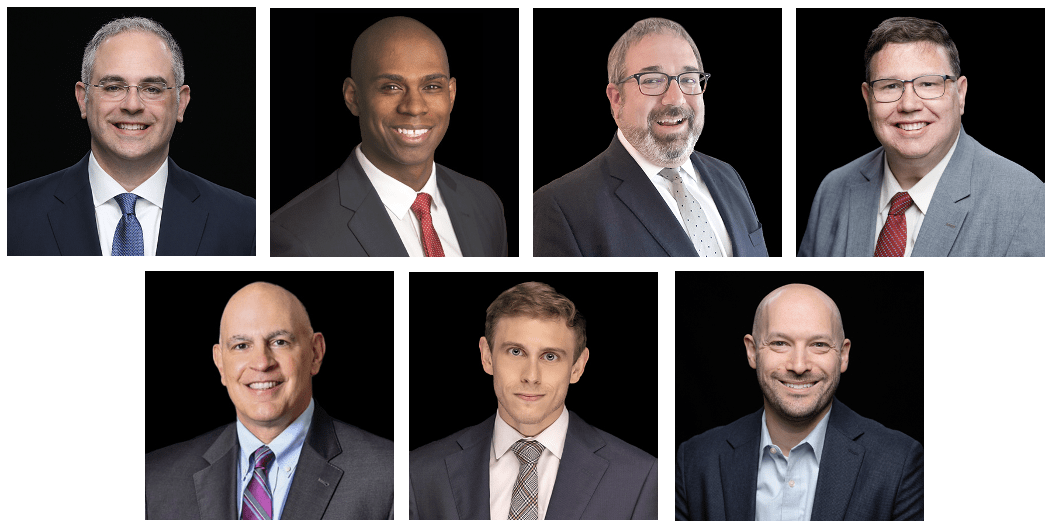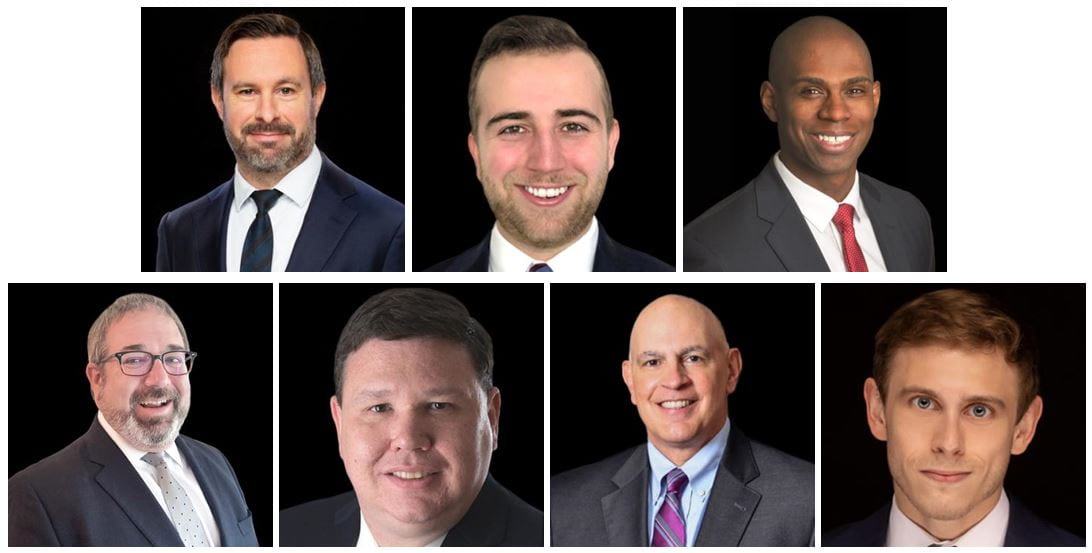by Paul D. Marquardt and Kendall Howell

From left to right: Paul D. Marquardt and Kendall Howell (Photos courtesy of Davis Polk & Wardwell LLP)
The Biden administration released its proposed rule that would establish a regulatory framework for outbound investments in China, following its advanced notice of proposed rulemaking released last August.
On June 21, 2024, the U.S. Department of the Treasury (Treasury) released its long-awaited notice of proposed rulemaking that would impose controls on outbound investments in China (the Proposed Rule). The Proposed Rule follows Treasury’s advanced notice of proposed rulemaking (the ANPRM) released in August 2023 (discussed in this client update) and implements the Biden administration’s Executive Order 14105 (the Executive Order), which proposed a high-level framework to mitigate the risks to U.S. national security interests stemming from U.S. outbound investments in “countries of concern” (currently only China). Like the Executive Order and ANPRM, the Proposed Rule reflects an effort by the Biden administration to adopt a “narrow and targeted” program and is in large part directed at the “intangible benefits” of U.S. investment (e.g., management expertise, prestige, and know-how), rather than capital alone.[1]


